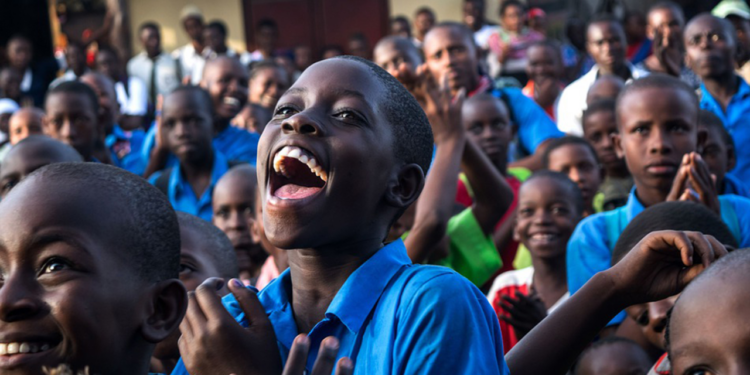The recent report by the United Nations Children’s Fund (UNICEF) revealing that a staggering 75 percent of primary school age pupils in Nigeria are unable to read with understanding or solve simple math problems ought to be seen by government, at all levels, as a wake-up call.
> In addition to the aforementioned information, a report conducted by the United Nations Educational, Scientific and Cultural Organization (UNESCO), in collaboration with the Global Education Monitoring Report, has revealed that the number of out-of-school children in Nigeria had escalated to 20 million in 2022, compared to the approximately 12.5 million recorded in 2021.
In the considered opinion of this newspaper, the dire state of education in Nigeria demands urgent attention and concerted efforts from all stakeholders.
Sadly, in our view, one of the primary challenges plaguing Nigeria’s education sector is the lack of access to quality learning opportunities. Regrettably, we dare say, insufficient domestic spending on education has resulted in limited school infrastructure and a shortage of qualified teachers. It is disheartening to witness the dilapidated state of many schools, with overcrowded classrooms and inadequate resources.
Indeed, the path towards resolving the education crisis requires a long-term commitment and a comprehensive approach. It is crucial for the government to allocate a significant portion of the national budget to education, prioritising infrastructure development, learning materials, and teacher recruitment and training.
This investment will lay the foundation for a quality education system that empowers the school children with the knowledge and skills they need to thrive.
In this regard also, efforts to eradicate poverty must be intensified. As of 2022, an estimated population of 88.4 million people in Nigeria lived in extreme poverty, with the poverty threshold at 1.90 U.S. dollars a day. This stood as an increase from the previous year, when an estimated 86.7 million people lived in what is glibly described as state of poverty.
Also, the World Bank had disclosed that no fewer than four million Nigerians were pushed into the poverty trap in the first six months of this year, with another 7.1 million more expected to join the conundrum if properly targeted measures are not taken to manage the impact of fuel subsidy removal.
In our view, poverty alleviation programs should be implemented to uplift families and provide financial support to ensure that children can attend school regularly. By breaking the cycle of poverty, we can create an environment where education is seen as a pathway to a brighter future and a means to escape the hardship of poverty.
Addressing social norms that hinder education, particularly for girls, is critical. Awareness campaigns, community engagement, and legislative measures should be employed to challenge discriminatory practices and promote gender equality in education.
Girls must be given equal opportunities to learn and develop their full potential, as their education is not only a fundamental human right but also a catalyst for societal progress.
The spate of attacks on schools and the abduction of learners have created a climate of fear and insecurity among parents, discouraging them from sending their children to school. This is an alarming trend that must be urgently addressed.
Disturbingly, in our opinion, no fewer than 615 schools have remained shut in some troubled states owing to attacks by terrorists in different parts of the country.
To restore confidence in the safety of schools, the government must collaborate closely with security agencies to provide a secure environment for students and teachers. Enhanced security measures, intelligence gathering, and community involvement are vital in countering attacks on schools and abductions. Parents need assurance that their children can receive education without fear for their safety, allowing them to make the important decision to send their children to school.
The involvement of international organisations and NGOs is invaluable in addressing the education crisis. These partnerships bring expertise, funding, and resources that can support the implementation of effective strategies. By collaborating with organisations such as UNICEF and UNESCO, we can access global networks, share best practices, and benefit from their experiences in similar contexts.
NGOs play a crucial role in reaching underserved communities, providing educational opportunities to those who are most vulnerable and marginalized.
Tackling Nigeria’s education crisis is not a task for a single entity. It requires the collective effort of government, civil society, communities, and international partners. As citizens, we must demand accountability from our leaders and advocate for increased investment in education.
We must also support initiatives that promote access to quality learning, eradicate poverty, challenge social norms, and enhance security in schools. By investing in education, we are investing in the future of our nation, unlocking the potential of our youth, and paving the way for a prosperous and equitable society.
It is time to turn the tide on Nigeria’s education crisis. The nation, the government and people, must come together, united in their commitment to provide quality education for all children. By doing so, we can transform the current state of education, empower our youth, and shape a brighter future for Nigeria. The time for action is now.



